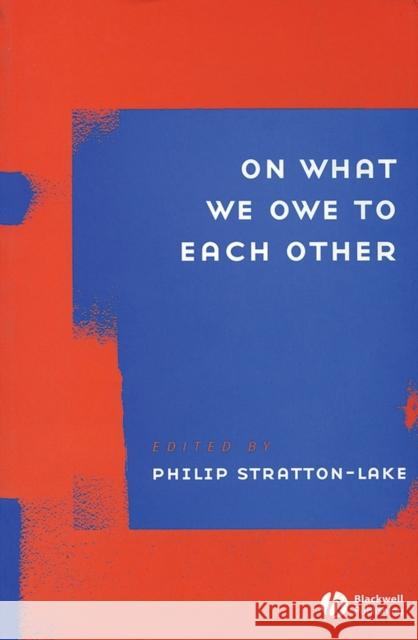On What We Owe to Each Other » książka
topmenu
On What We Owe to Each Other
ISBN-13: 9781405119214 / Angielski / Miękka / 2004 / 152 str.
Five leading moral philosophers assess various aspects of T.M. Scanlon's moral theory as laid out in his seminal work, What We Owe to Each Other.
- An assessment of T.M. Scanlon's seminal work What We Owe to Each Other.
- Written by five leading moral philosophers.
- Contributes to debates initiated by Scanlon on value theory, normative ethics, and metaethics.
- Includes a response by T.M. Scanlon in which he clarifies and develops his views.











